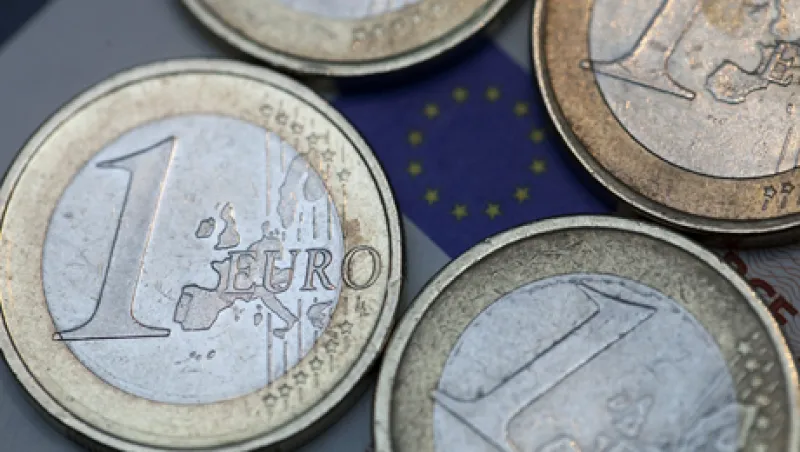
Euro Zone Economy’s Decline Accelerates
Euro region's GDP contracted in May at fastest pace in three years, according to widely followed survey.
David Turner
May 27, 2012


